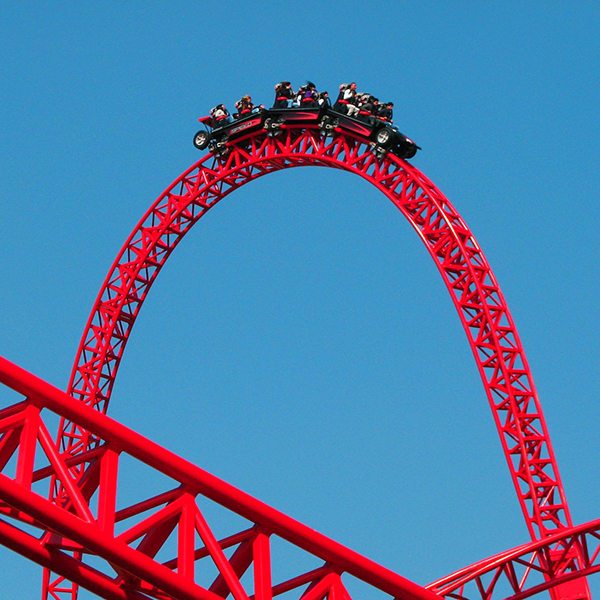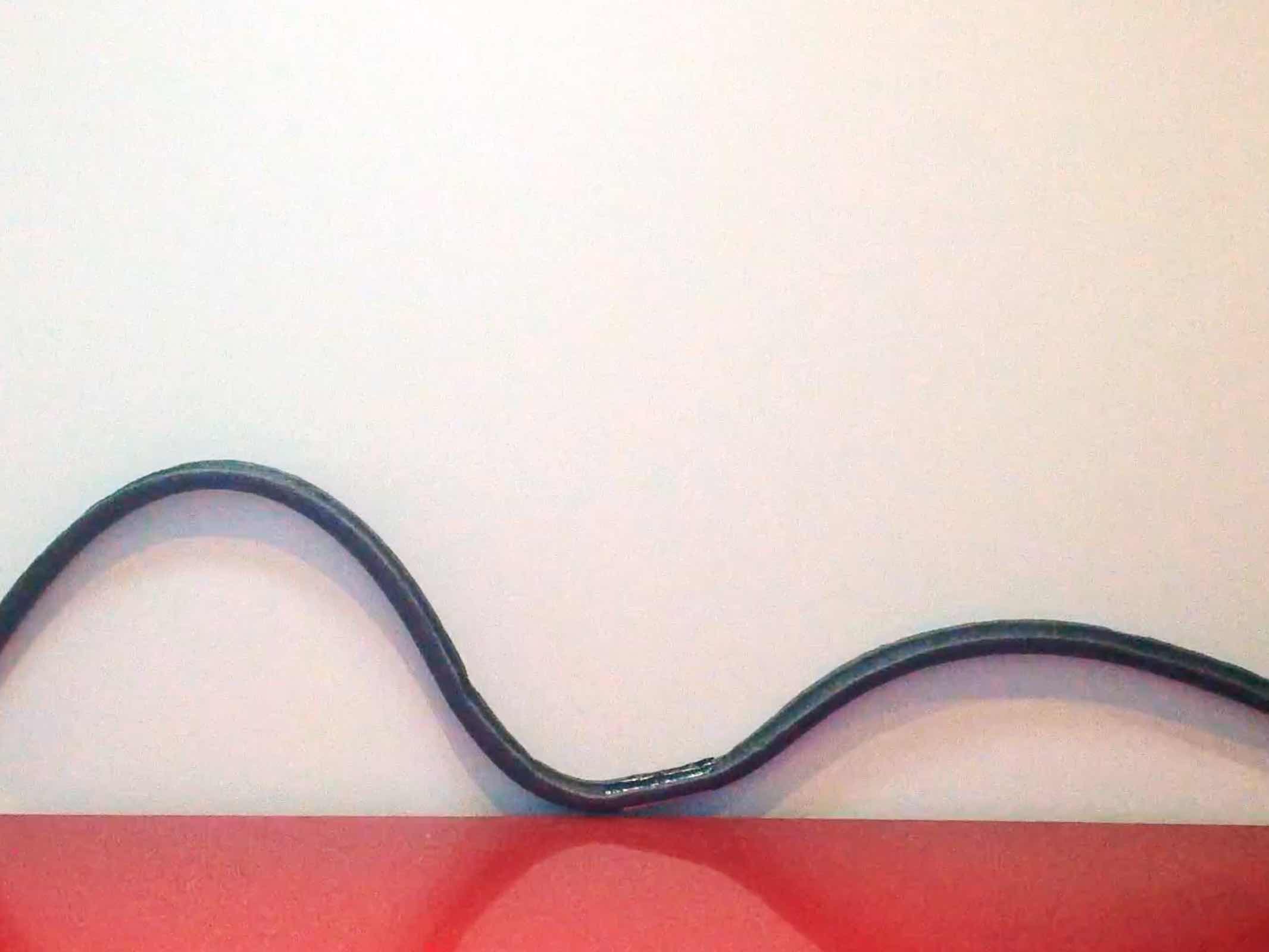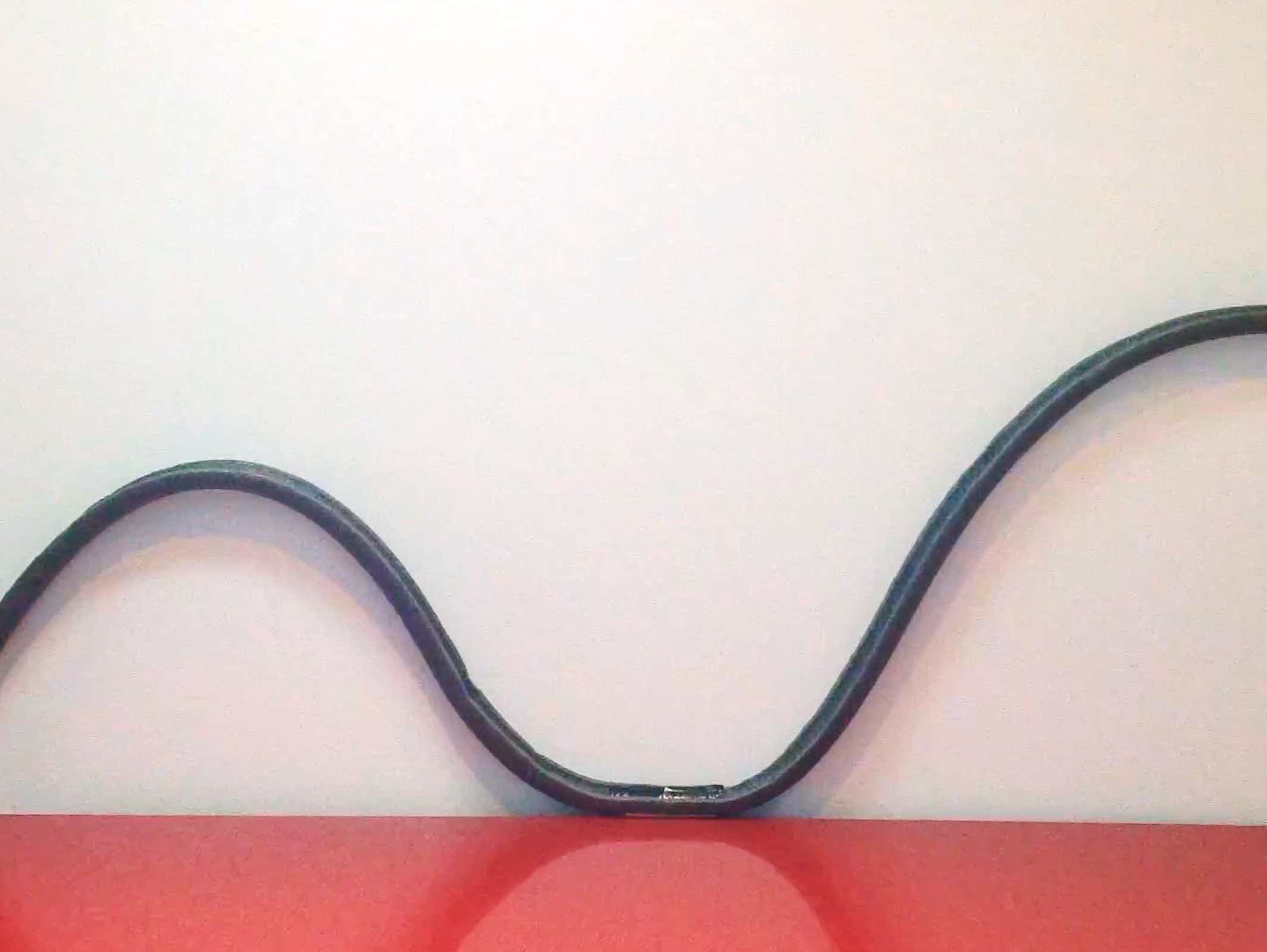Image & Video Credits
Mystery Science respects the intellectual property rights of the owners of visual assets.
We make every effort to use images and videos under appropriate licenses from the owner or by
reaching out to the owner to get explicit permission. If you are the owner of a visual and
believe we are using it without permission, please
contact us—we will reply promptly and make
things right.
Lesson Image
red coaster arch by
Jeremy Thompson
, used under CC BY
Exploration
Blue fire roller coaster by
Bernard Kowalski
, used under CC BY
Intimidator layout by
Kings Dominion
Behemoth layout by
Canada's Wonderland
kids on swing by
Julian and Stephanie Fong
bowling ball by
Matthew
, used under CC BY
bowling ball demo by
Kenneth Harden
Dylan swinging high by
Sandra C
Activity
ducklings by
John Morgan
, used under CC BY
ruler by
JohannPoufPouf
pencil by
Charm







